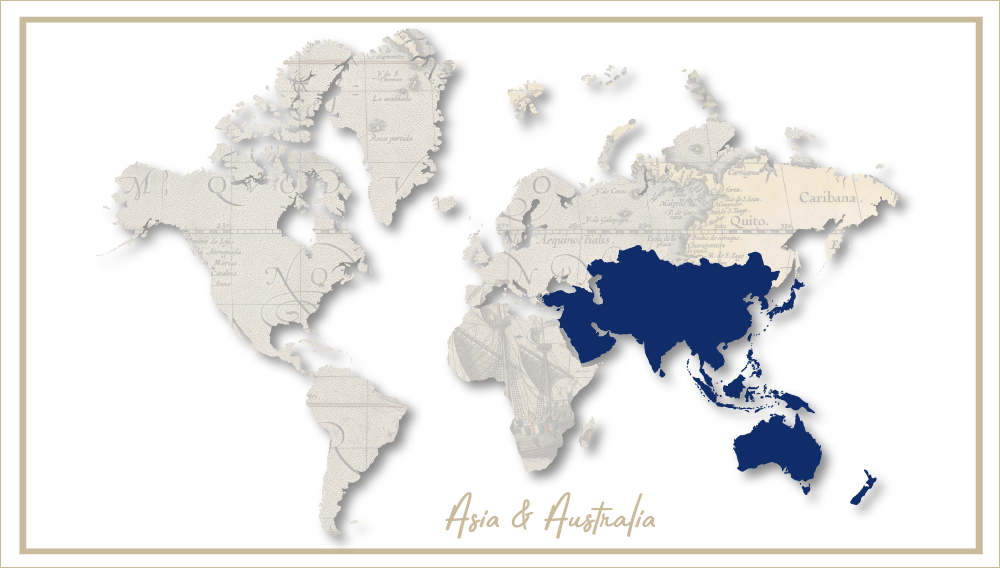Who wants to be in New World Wines? Pas moi, mon chèr!
Sometimes you can only shake your head in wonder over the blatant nonsense some strategic planning departments produce.
Take Pernod Ricard. If you were to ask any wine drinker in the U.S. or Europe for the most popular Kiwi wine brand they would reply: “Montana.” Guess what Pernod Ricard has decided: the company said in June this year that Brancott Estate would become the new name for the Montana brand globally, with the Montana name retained for the company’s Classics range in New Zealand only.
Pernod Ricard argued that overseas consumers did not think that Montana (Spanish for “mountain”) resonates with the wines’ Kiwi provenance. Oh really? After they have been buying Montana wines for decades?
To me, that’s as if Heineken suddenly decided to call their global Heineken brand “Düsseldorf” (can’t think of anything better off hand) to make it sound more Dutch.
The re-naming may be daft, but the pruning of Pernod Ricard’s portfolio is not.
Pernod Ricard inherited a lot of brands built up over decades when it bought into the New Zealand wine industry. At some stage, Pernod Ricard owned nearly 200 wine brands. It makes sense to streamline things. But the name-change does not.
At Lion Nathan they will be rubbing their hands with glee. Pernod Ricard’s plight proved their gain. The beer and drinks group Lion Nathan, which is controlled by Japan’s Kirin, never went crazy over wines like Foster’s. They waited for the market to sober up and return to more normal price levels before they expanded their wine portfolio.
Lion Nathan’s Corporate Affairs Director Neil Hinton said wine production specialist Indevin would take control of the Gisborne and Hawkes Bay vineyards and a Gisborne winery, while Lion Nathan would take possession of the brands and a significant amount of inventory, with a supply arrangement between the two parties.
In fact, Lion Nathan in New Zealand has turned into a fully-fledged multi-beverage group, or a one-stop-shop for all of their customers’ needs. While Lion Nathan has only about 16 percent of the total New Zealand wine market, it holds about 40 percent of the total alcohol market.
Industry experts in New Zealand wonder why Pernod Ricard’s sale of their wine brands to Lion Nathan did not require anti-trust approval.
The only wines offered in many bars and restaurants would now all be Lion Nathan’s brands, one consultant said, and whether bar and restaurant owners would expand into other labels was unknown.

